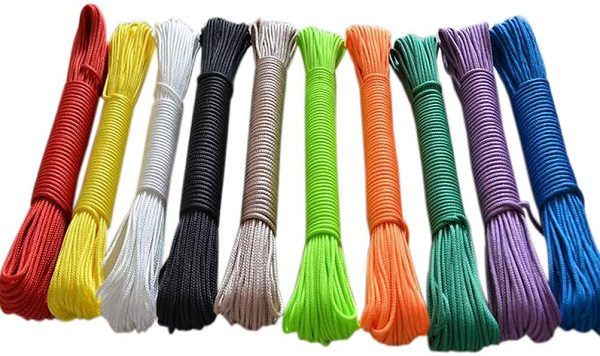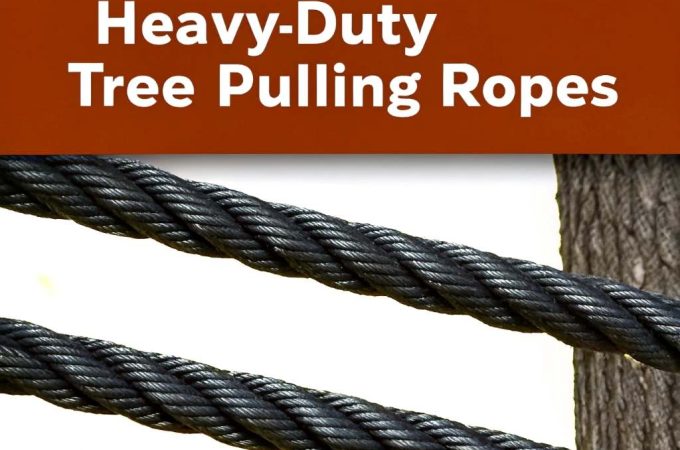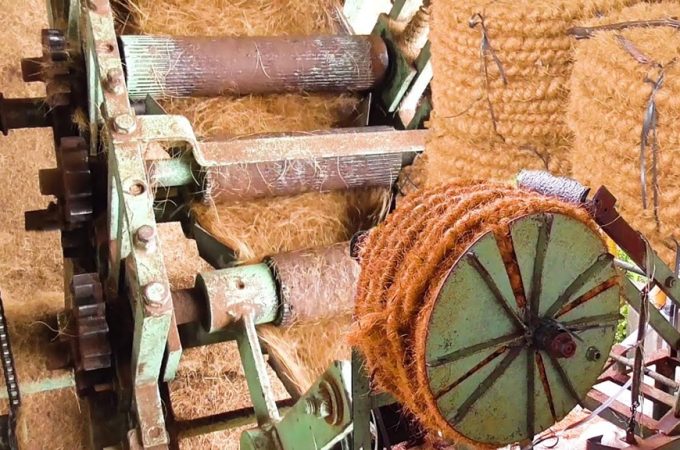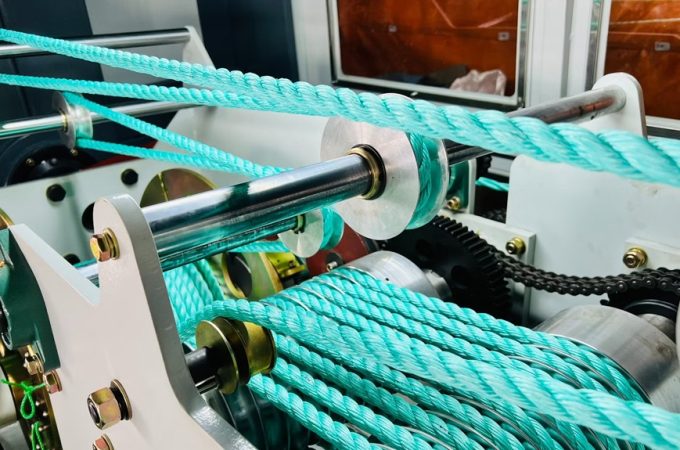
What Is Nylon Rope Used for?
Nylon rope is a versatile material that is used for a variety of purposes. It is famous for use in various applications, including construction, agricultural, marine, and aerial applications. In construction, nylon rope is often used to construct bridges and other large structures. It is also famous for use in agricultural applications, where it is used to tie down crops. In marine applications, nylon rope is often used to tie down vessels. And in aerial applications, nylon rope is often used to tie down aircraft.
Contents at a Glance
ToggleWhat is nylon rope used for?
Here are the uses of the nylon rope:

Construction:
Nylon rope is often used to construct bridges and other large structures. It is also famous for use in agricultural applications, where it is used to tie down crops. In marine applications, nylon rope is often used to tie down vessels. And in aerial applications, nylon rope is often used to tie down aircraft.
Marine:
Nylon rope is often used to tie down vessels in marine activities such as fishing, cruising, transporting people or cargo on the water (ship), etc. It can also be used for webbing repair by notches every several meters. Nylon rope is abrasion-resistant and reasonably strong loading. Its working mechanism helps braid the bottom part of a vessel made of metal material. Moreover, it has high resistance to oil and acid/alkali chemicals. These advantages also make nylon rope suitable for reefer malfunctioning repairing or lubrication in the marine sector.
Hiking:
It is a popular material for making walking and hiking gear, such as harnesses. Its neutral color, best water-repellent feature and elastic property allows wearing during rain or splashing in the sea while swimming.
Winch rope:
Nylon rope is used widely to make winch ropes, mainly on shipbuilding sites, because of its strength characteristics when weighted. It can also be used where it needs high conductance potential & resistance against abrasion.
Equipment:
Nylon rope is used for constructing carabiners, crampons (clown-hoisting hooks), lanyards, safety harnesses and ropes etc. Other uses of synthetic alternatives are also present in the market as a replacement for natural rubber products such as bungee cords which have come under heavy criticism due to their slow recovery times when they break; these types of materials more often tend to experience failures in the overuse of knots.
Sports and outdoor activities:
Due to the low cost of production and success in performance-to-price ratio, nylon monofilament is used for making fishing nets. Nylon rope has similar utility applications as its synthetics but with a wider range because it does not contain any important additives or chemicals which are harmful to the environment; thus, there are no issues regarding toxicity or carcinogenicity from this material though it should be avoided when handling submerged plants such as coral reefs.
Medical:
Synthetic rope, in combination with a wide selection of colors and thicknesses, is used for making artificial ligaments. Synthetic ropes are only suitable when working close to the body because they have low elasticity which makes them stiffer than natural coir; it brings up some severe restrictions too on their use after that as compared to bamboo or silk fibers though black strings made from nylon alone would prove no different like other synthetic alternatives such as polyethylene.
Environmental concerns:
The primary concern surrounding the use of synthetic alternatives to natural rubber has its roots in that they are expected to be a great contender when it comes to replacing some of the most commonly used materials in our daily lives, such as polyurethane, natural/synthetic rubber and styrene elastomers (e.g., elastic bands for sportswear), which all have one major flaw – Polyisoprene and Polyurethane offer exceptional resistance to water degradation in contrast with the more common rubber-based products.
Pros of the nylon rope
-Wide range of utility applications.
-Low toxicity and carcinogenicity.
-High mechanical strength compared to natural/synthetic rubber.
-Better heat and oil resistance compared to natural/synthetic rubber.
-Easier to work with than natural or synthetic rubber.
Cons of the nylon rope
– Less available material in all grades such as 1.2, 3 and 4; lower quality that can’t be relied on for making ropes (woven Nylon) or textiles.
-Polyamide, a synthetic compound originally designed as an antifungal and antimicrobial, may provoke skin irritation.
-Need to be able to tear or cut before being used in its intended way. The increased tensile strength makes it difficult for rolling up when rolled into small coil, meaning that other applications have greater potential uses than boat mooring lines (e.g., lugging ropes).
-Some grades of nylon rope may be difficult to process or bond.
Nylon rope is used extensively in a variety of fields such as construction, agriculture, manufacturing, marine, and leisure activities. It’s resistant to abrasion and has high tensile strength.





